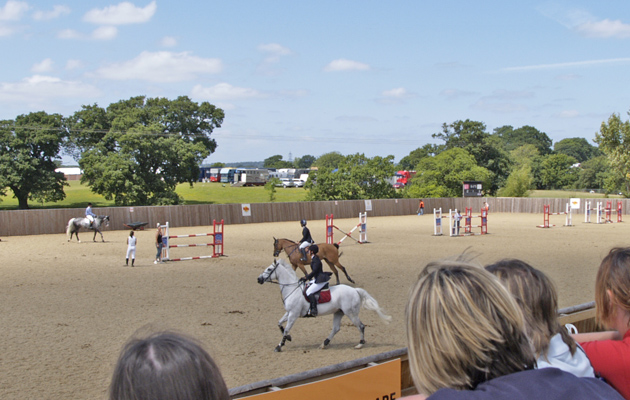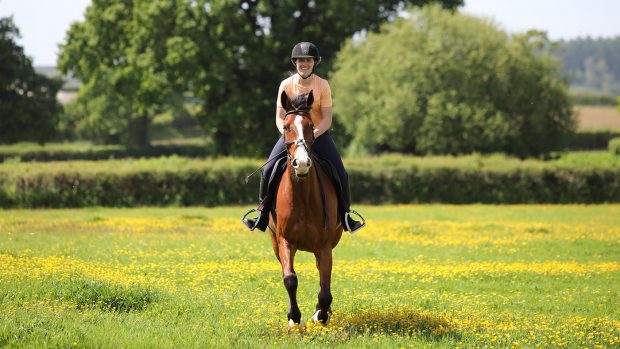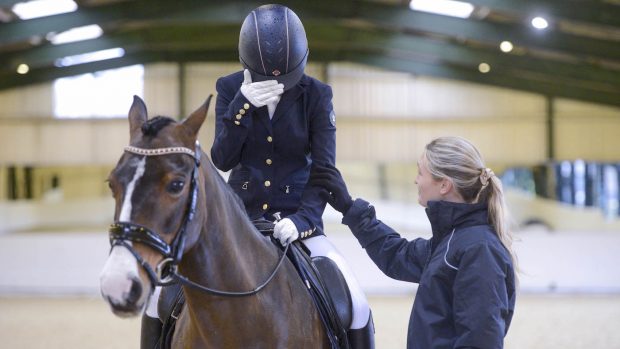Charlie Unwin, a top performance psychologist, has worked with many professional event riders. Here are some key pointers from him based around the title; ‘The mind limits the body’…
1. How can you be you at your best every time in competition and how can you be better next time?
2. You shouldn’t define good performance as a lack of bad performance. It doesn’t make sense — you wouldn’t say you are happy because nothing sad has happened for example
3. What stops you from achieving your potential? The power and importance of belief is paramount — without belief, talent means nothing
4. Top athlete Roger Bannister, who was the first person to run a mile in under four minutes, said: “Your thoughts have a way of sinking to your feet” — this is true with riding as negative thoughts can affect your leg and seat for example
5. Identity is important — you’ll learn a lot about the human condition watching a warm-up arena. Some people become shells of themselves when warming up in the presence of top riders
6. Sit down and work out who you want to be on your horse to get a grip of your identity
7. If you tell yourself you’re not a dressage rider, dressage will become about coping and you will perform moderately. Think about what you could do in the dressage arena that would make you a world-class dressage rider — this will help translate into how you look and in turn perform
8. As you move up the levels, who you are, your ‘brand’ and who you represent shouldn’t change. For example, just because you might now be competing at a higher level, it doesn’t mean you should feel like you don’t belong there
9. Are you an athlete? Do you undermine yourself? Are you eating like an athlete for example?
10. The thing that makes failure damaging for us isn’t failure itself but the repetition of the thoughts afterwards
11. Managing expectations prior to performance helps forge the way of thinking after the performance — if you go into the showjumping arena for example and have already decided your objectives for that round are to maintain a good canter and ride good turns, you will be better set to analyse your performance afterwards if you have managed to achieve those two things, even if you have had a couple of poles down
Continued below…

6 ways positive psychology can make you a better rider
Professor Tony Ghaye discusses the ways in which positive psychology can impact riders and improve their standard of performance

3 ways to help you achieve peak performance
Zoe Taylor and Camilla Henderson, who are both sport and performance psychology consultants, shed light on how we as riders

Subscribe to Horse & Hound magazine today – and enjoy unlimited website access all year round
12. The way we provide ourselves with feedback after a performance is important — positive and negative feedback can make a big difference. Specific positive feedback can have a good impact on performance
13. There’s a fine line between fear and excitement — the difference between the two is control
Would you like to read Horse & Hound’s independent journalism without any adverts? Join Horse & Hound Plus today and you can read all articles on HorseandHound.co.uk completely ad-free




